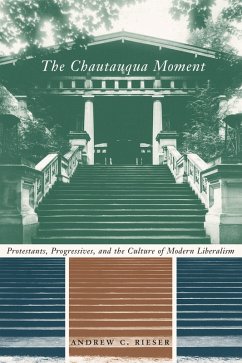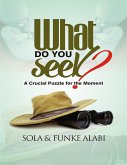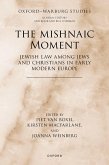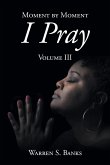This book traces the rise and decline of what Theodore Roosevelt once called the "most American thing in America." The Chautauqua movement began in 1874 on the shores of Chautauqua Lake in western New York. More than a college or a summer resort or a religious assembly, it was a composite of all of these-completely derivative yet brilliantly innovative. For five decades, Chautauqua dominated adult education and reached millions with its summer assemblies, reading clubs, and traveling circuits.
Scholars have long struggled to make sense of Chautauqua's pervasive yet disorganized presence in American life. In this critical study, Andrew Rieser weaves the threads of Chautauqua into a single story and places it at the vital center of fin de siècle cultural and political history. Famous for its commitment to democracy, women's rights, and social justice, Chautauqua was nonetheless blind to issues of class and race. How could something that trumpeted democracy be so undemocratic in practice? The answer, Rieser argues, lies in the historical experience of the white, Protestant middle classes, who struggled to reconcile their parochial interests with radically new ideas about social progress and the state. The Chautauqua Moment brings color to a colorless demographic and spins a fascinating tale of modern liberalism's ambivalent but enduring cultural legacy.
Scholars have long struggled to make sense of Chautauqua's pervasive yet disorganized presence in American life. In this critical study, Andrew Rieser weaves the threads of Chautauqua into a single story and places it at the vital center of fin de siècle cultural and political history. Famous for its commitment to democracy, women's rights, and social justice, Chautauqua was nonetheless blind to issues of class and race. How could something that trumpeted democracy be so undemocratic in practice? The answer, Rieser argues, lies in the historical experience of the white, Protestant middle classes, who struggled to reconcile their parochial interests with radically new ideas about social progress and the state. The Chautauqua Moment brings color to a colorless demographic and spins a fascinating tale of modern liberalism's ambivalent but enduring cultural legacy.
Dieser Download kann aus rechtlichen Gründen nur mit Rechnungsadresse in A, D ausgeliefert werden.









